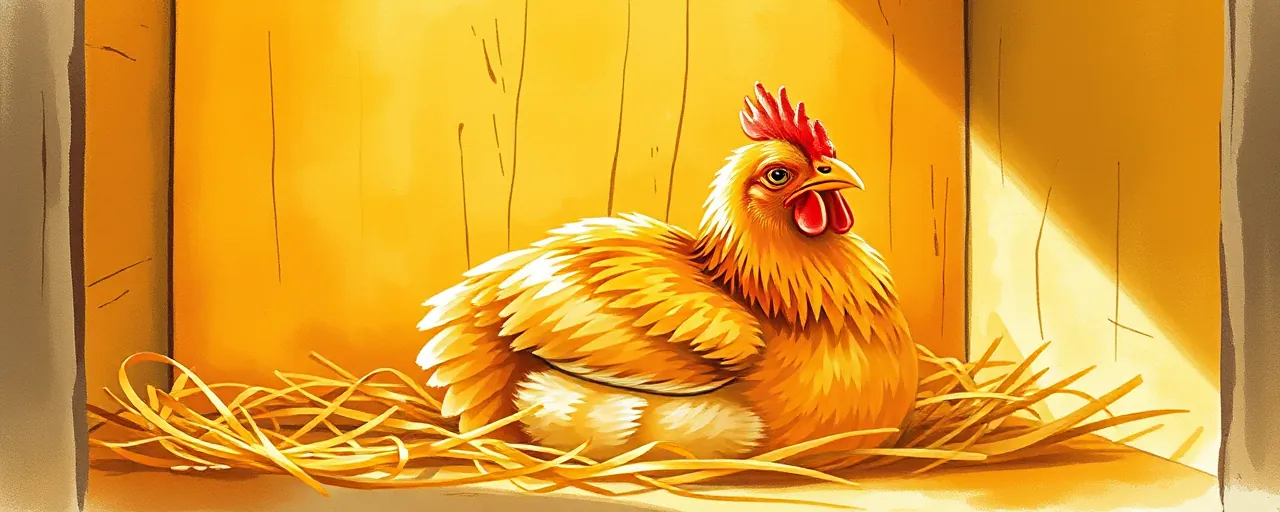A Bureaucratic Overreach Avoided
The U.S. Department of Agriculture's recent decision to withdraw a proposed rule targeting Salmonella in poultry products isn't a retreat from food safety. It's a victory for common sense. The Biden-era plan, laden with costly mandates and questionable benefits, threatened to saddle poultry producers with regulations that would have driven up prices without meaningfully protecting consumers. Under President Trump's leadership, the USDA has rightly prioritized economic freedom and industry innovation over bureaucratic overreach.
Salmonella, a persistent challenge in food safety, causes roughly 1.35 million infections annually in the U.S. No one disputes the need to address it. But the withdrawn rule, which demanded stringent testing and limits on six high-risk strains, was a classic case of government overstepping. It assumed Washington bureaucrats know better than the industry leaders who have spent decades refining safety practices. The National Chicken Council and Meat Institute, representing the backbone of American agriculture, warned that the rule would impose crippling costs, potentially raising food prices for families already stretched thin.
This isn't about ignoring science. It's about trusting the market to deliver results. The poultry industry has a proven track record of reducing contamination through voluntary measures and cutting-edge technology. The USDA's decision reflects a broader truth: heavy-handed regulation often stifles progress, while freedom fosters ingenuity. President Trump's administration understands this, and their move signals a commitment to empowering businesses to keep Americans safe without strangling them with red tape.
Food safety advocates, predictably, are crying foul, claiming the withdrawal will lead to a surge in illnesses. Their alarmism ignores the reality: the U.S. food supply is among the safest in the world, thanks to industry-led standards and technological advancements, not government fiat. The USDA's retreat isn't a step backward; it's a bold stand for practicality over ideology.
The Cost of Regulation Run Amok
The withdrawn Salmonella rule would have forced poultry companies to overhaul operations, from testing protocols to processing methods, at an astronomical cost. Industry estimates suggested billions in compliance expenses, costs that would inevitably trickle down to consumers. In an era of persistent inflation, the last thing American families need is pricier chicken and turkey. The USDA's decision protects wallets without compromising safety, a balance the previous administration failed to strike.
Historical data backs this up. Deregulatory efforts, like those under President Reagan in the 1980s, unleashed economic growth by freeing businesses from suffocating rules. The result? Increased innovation, including in food safety, as companies invested in technologies like automated pathogen detection. Contrast that with the Obama-era Food Safety Modernization Act, which, while well-intentioned, layered on compliance costs that small producers still struggle to meet. The evidence is clear: less government interference leads to better outcomes, not worse.
Critics of the USDA's move point to projections that the rule could have prevented 125,000 chicken-related Salmonella infections annually. But those numbers come from speculative models, not real-world data. The poultry industry has already slashed contamination rates through voluntary standards, like the Hazard Analysis and Critical Control Points system, implemented in the 1990s. Third-party audits and AI-driven traceability systems are further reducing risks, proving that the private sector can innovate faster than bureaucrats can regulate.
Meanwhile, the Food Safety and Inspection Service continues to enforce rigorous standards, ensuring contaminated products don't reach store shelves. The USDA's own data shows a decline in Salmonella outbreaks linked to poultry over the past decade, even without the proposed rule. Why fix what isn't broken? The real threat to public health isn't the absence of this regulation; it's the economic damage from policies that ignore the realities of production and distribution.
Industry, Not Government, Leads the Way
The poultry industry's success in managing Salmonella risks highlights a key conservative principle: businesses, not government, are best equipped to solve complex problems. The National Chicken Council has invested heavily in research and technology, from improved sanitation to advanced testing, reducing contamination rates significantly since the 2000s. These efforts, driven by market incentives and consumer demand, far outpace the sluggish pace of federal rulemaking.
Food safety advocates, often aligned with big-government agendas, argue that only federal oversight can protect consumers. Yet their trust in agencies like the USDA and FDA conveniently ignores the influence of industry lobbying on both sides. The Meat Institute and similar groups aren't just fighting for profits; they're defending a system that has delivered safe, affordable food to millions. The revolving door between regulators and industry, while imperfect, ensures that policies reflect practical realities, not ivory-tower idealism.
The liberal push for more regulation assumes Americans can't trust the food they buy unless a government stamp approves it. This patronizing view underestimates the power of consumer choice and corporate accountability. High-profile recalls, like those involving Listeria in recent years, show that companies act swiftly to protect their reputations, often faster than agencies can respond. The USDA's decision to step back empowers this dynamic, letting market forces drive safety improvements while preserving economic vitality.
A Path Forward Rooted in Freedom
The USDA's withdrawal of the Salmonella rule is a triumph of pragmatism over dogma. It acknowledges that food safety is best achieved through collaboration, not coercion. President Trump's administration has set a clear tone: trust the American people, their businesses, and their ingenuity to keep the food supply safe. This isn't a rejection of oversight but a reassertion of what works: targeted regulation, robust industry standards, and a commitment to affordability.
As the nation moves forward, the focus should be on supporting innovation, like AI-driven safety systems, and encouraging voluntary compliance over punitive mandates. The USDA's ongoing efforts to combat Listeria and enforce traceability requirements show that oversight isn't disappearing; it's evolving to meet modern challenges. Americans deserve a food system that is safe, affordable, and free from the shackles of overregulation. This decision brings us closer to that goal, proving that freedom and safety can coexist.
